Discover the Wonders of Egypt
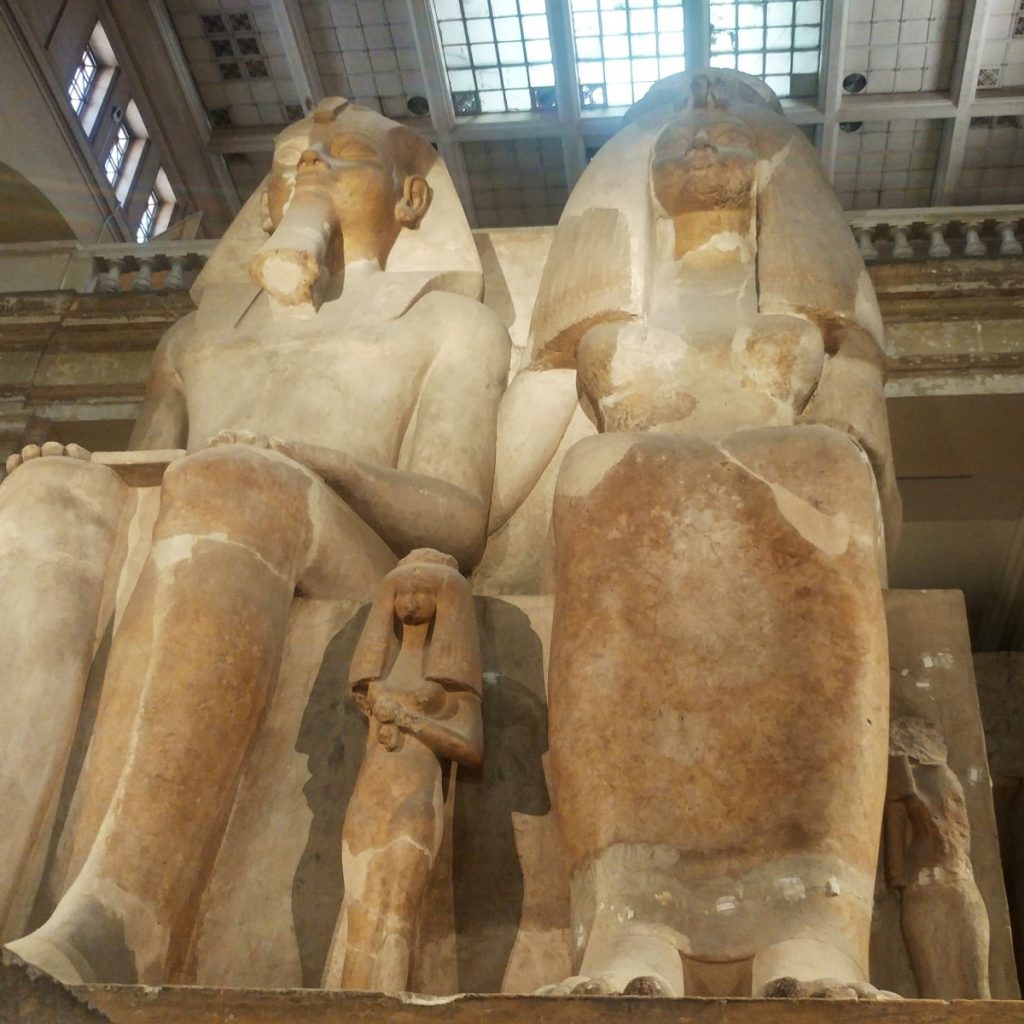
Table of Contents: Visit Egypt
- Introduction
- The Great Pyramids of Giza
- The Enigmatic Sphinx
- The Temples of Luxor and Karnak
- The Valley of the Kings
- The Magnificent Nile River
- The Red Sea’s Underwater Marvels
- The Rich History of Alexandria
- The Cultural Heartbeat of Cairo
- The Serene Beauty of Aswan
- Egyptian Cuisine: A Culinary Journey
- Conclusion
- FAQs
Introduction: Visit Egypt
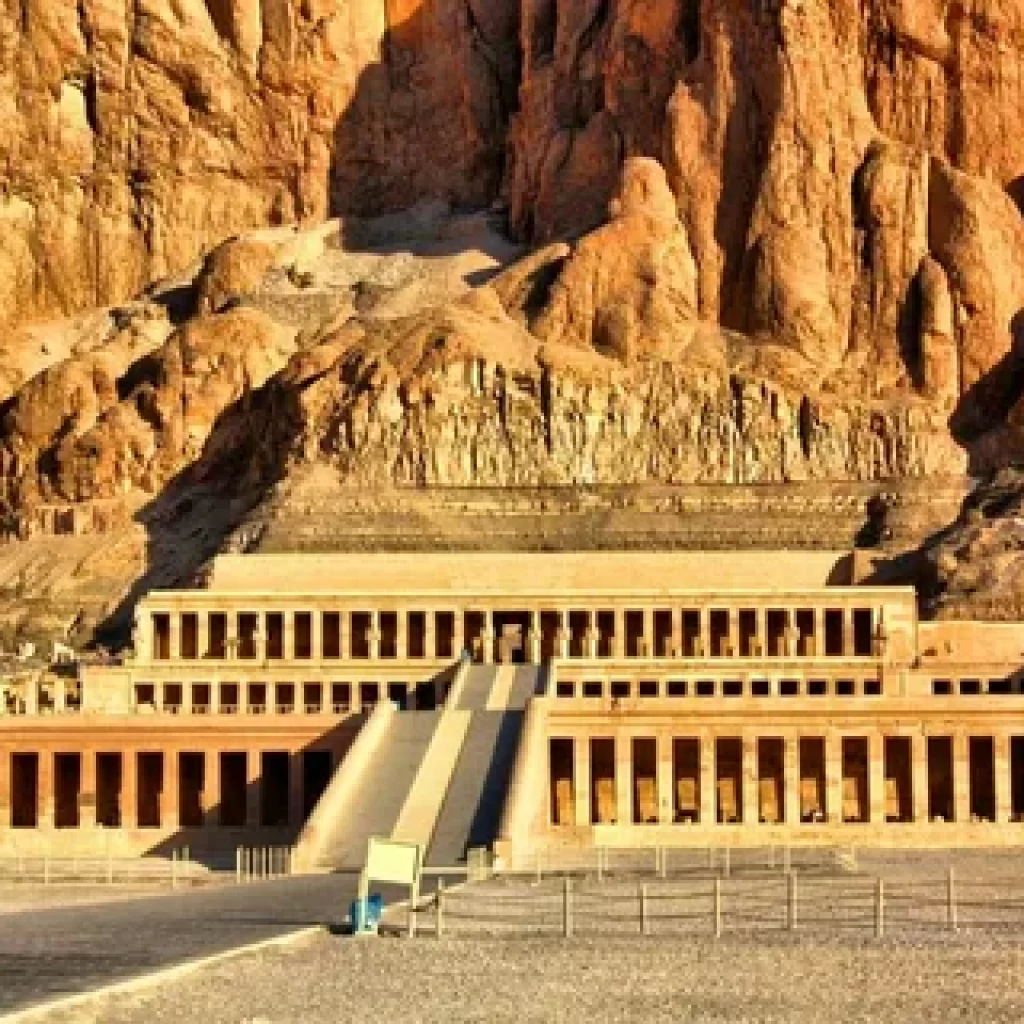
Visit Egypt, a land of ancient wonders and modern marvels, beckons travellers with its timeless allure. From the iconic Pyramids of Giza to the bustling bazaars of Cairo, Egypt offers a journey through history, culture, and natural beauty. This guide will delve into the must-see destinations and experiences that make Egypt a top travel destination. Join us as we explore the enchanting landscapes and rich heritage that define this extraordinary country.
1. The Great Pyramids of Giza
Visit EgyptNo visit to Egypt is complete without witnessing the awe-inspiring Great Pyramids of Giza. These ancient structures, built over 4,500 years ago, stand as a testament to Egypt’s architectural ingenuity and the pharaohs’ ambition. The largest of the trio, the Pyramid of Khufu, also known as the Great Pyramid, is one of the Seven Wonders of the Ancient World. Visitors can explore the pyramids’ interiors, marvel at their massive scale, and ponder the mysteries of their construction.
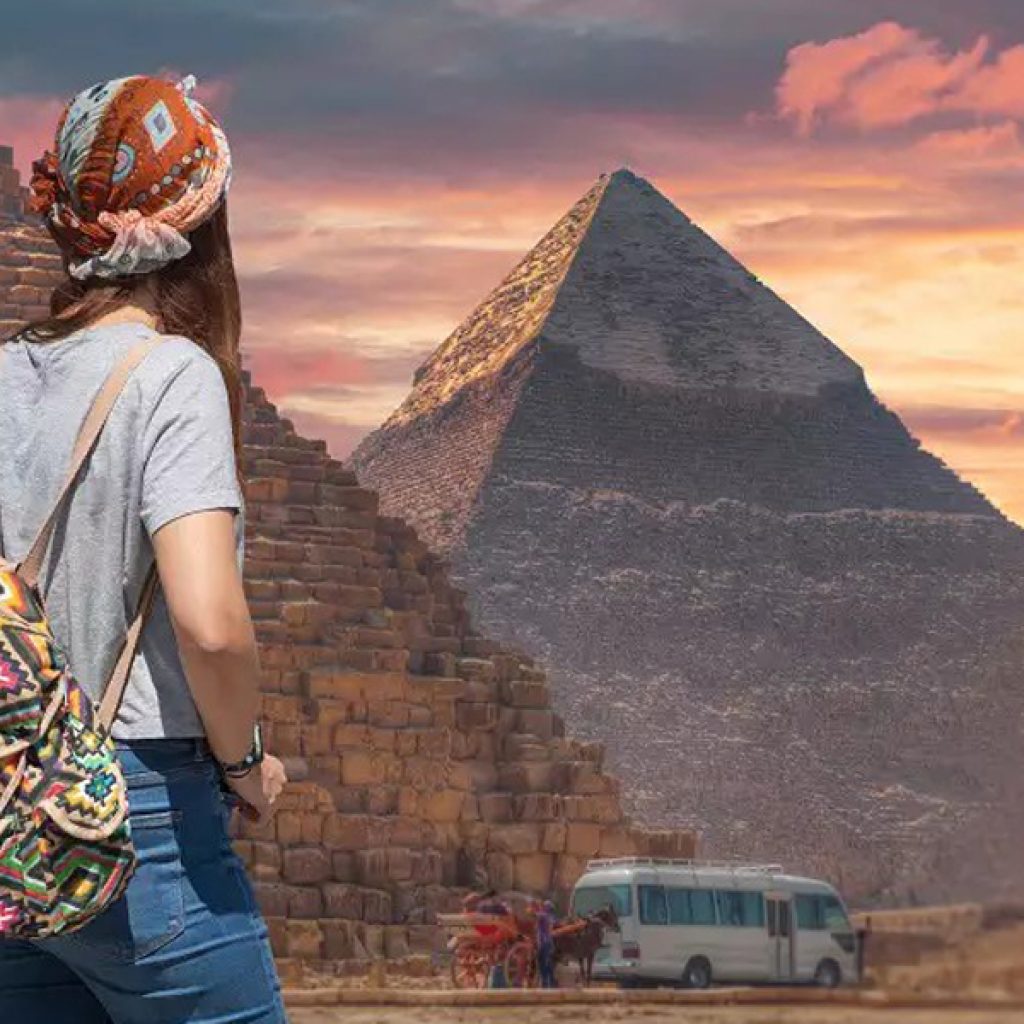
2. The Enigmatic Sphinx
Visit Egypt, Adjacent to the pyramids lies the Sphinx, a colossal limestone statue with the body of a lion and the head of a pharaoh. This enigmatic monument, believed to represent Pharaoh Khafre, has captured the imaginations of historians and tourists alike. Standing at 73 meters long and 20 meters high, the Sphinx is a symbol of ancient Egyptian civilization. Visitors can admire this impressive structure and reflect on its historical significance Visit Egypt.
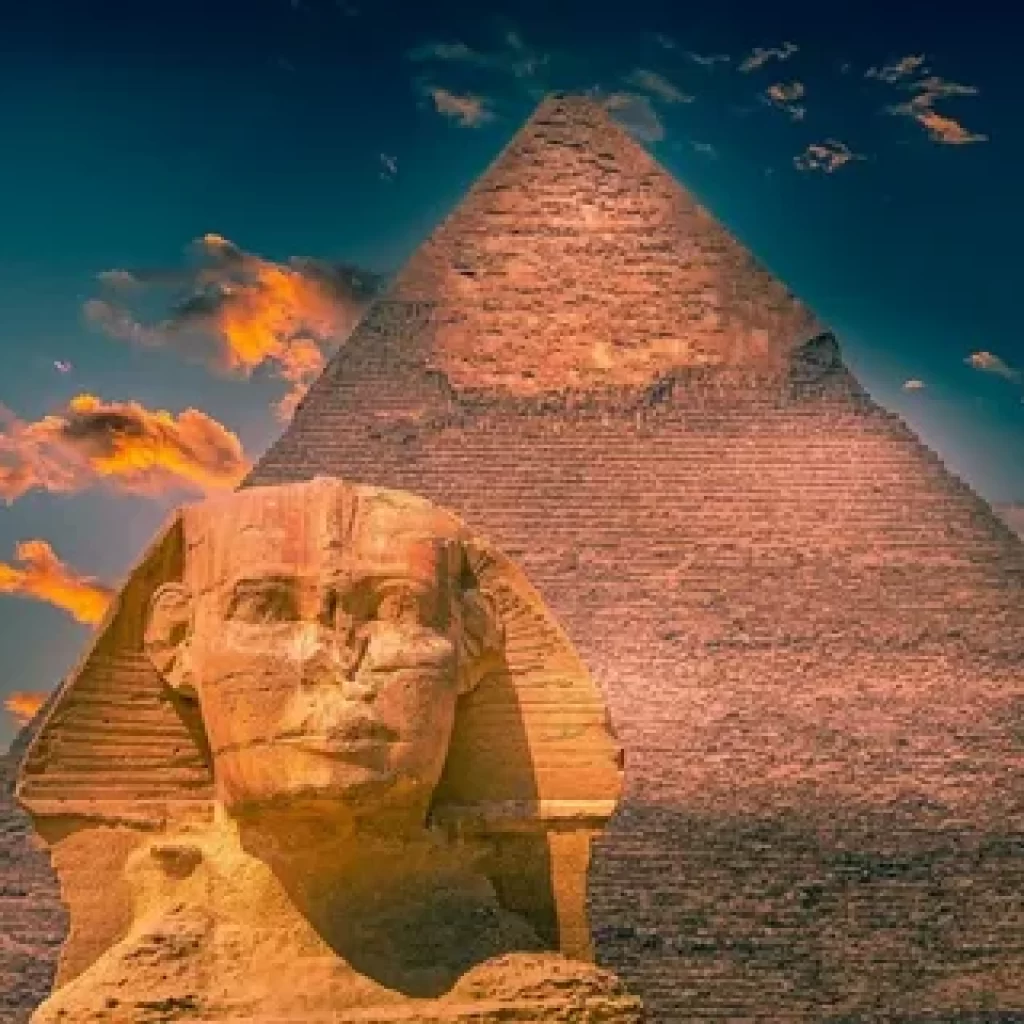
3. The Temples of Luxor and Karnak
Visit Egypt,Luxor, often referred to as the world’s greatest open-air museum, is home to two of Egypt’s most magnificent temples: the Luxor Temple and Karnak Temple. The Luxor Temple, dedicated to the rejuvenation of kingship, is a stunning example of ancient Egyptian architecture. Nearby, the Karnak Temple complex, one of the largest religious buildings ever constructed, features grand halls, towering obelisks, and intricately carved pillars. These temples offer a glimpse into Egypt’s rich religious heritage.
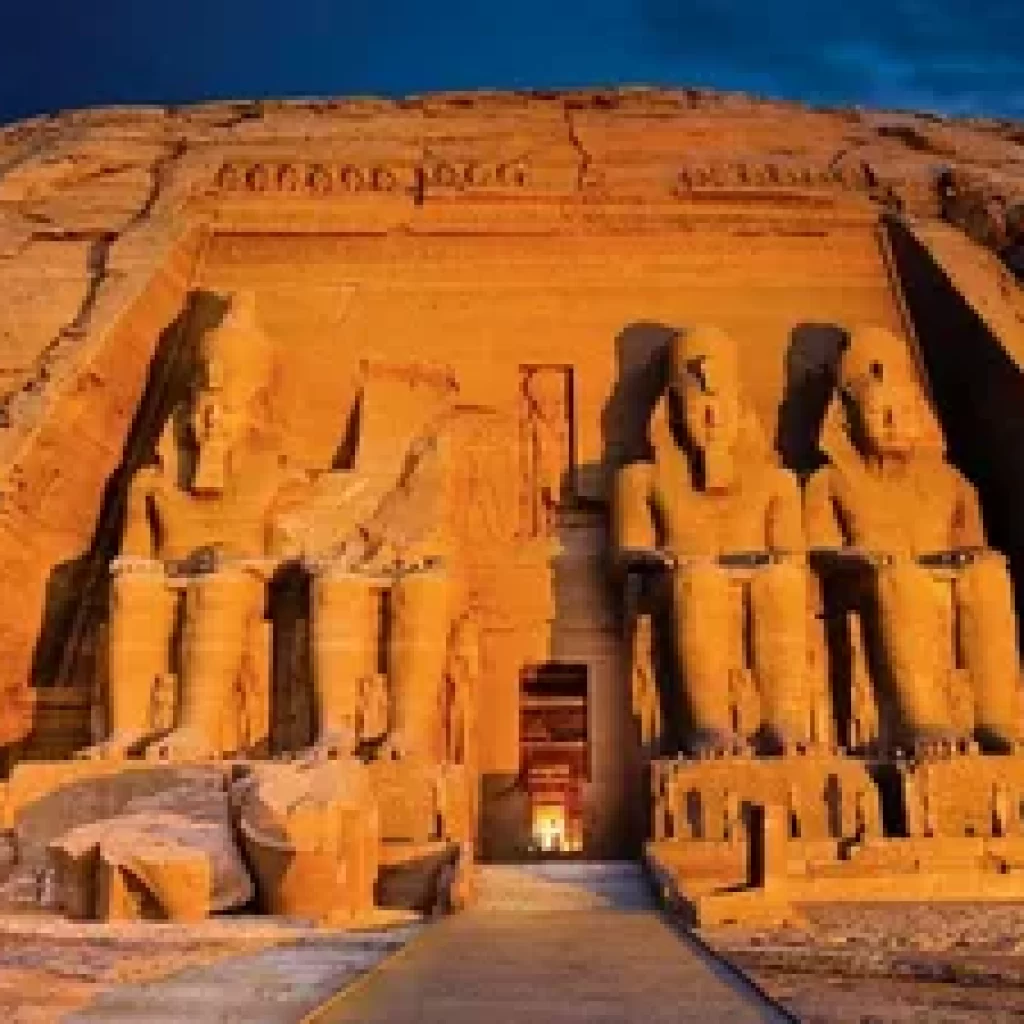
4. The Valley of the Kings
The Valley of the Kings, located on the west bank of the Nile near Luxor, is the final resting place of many pharaohs, including the famous Tutankhamun. This UNESCO World Heritage Site comprises over 60 tombs with elaborate decorations and intricate hieroglyphs. Visitors can explore these ancient burial sites and learn about the fascinating rituals and beliefs surrounding the afterlife in Ancient Visit Egypt.
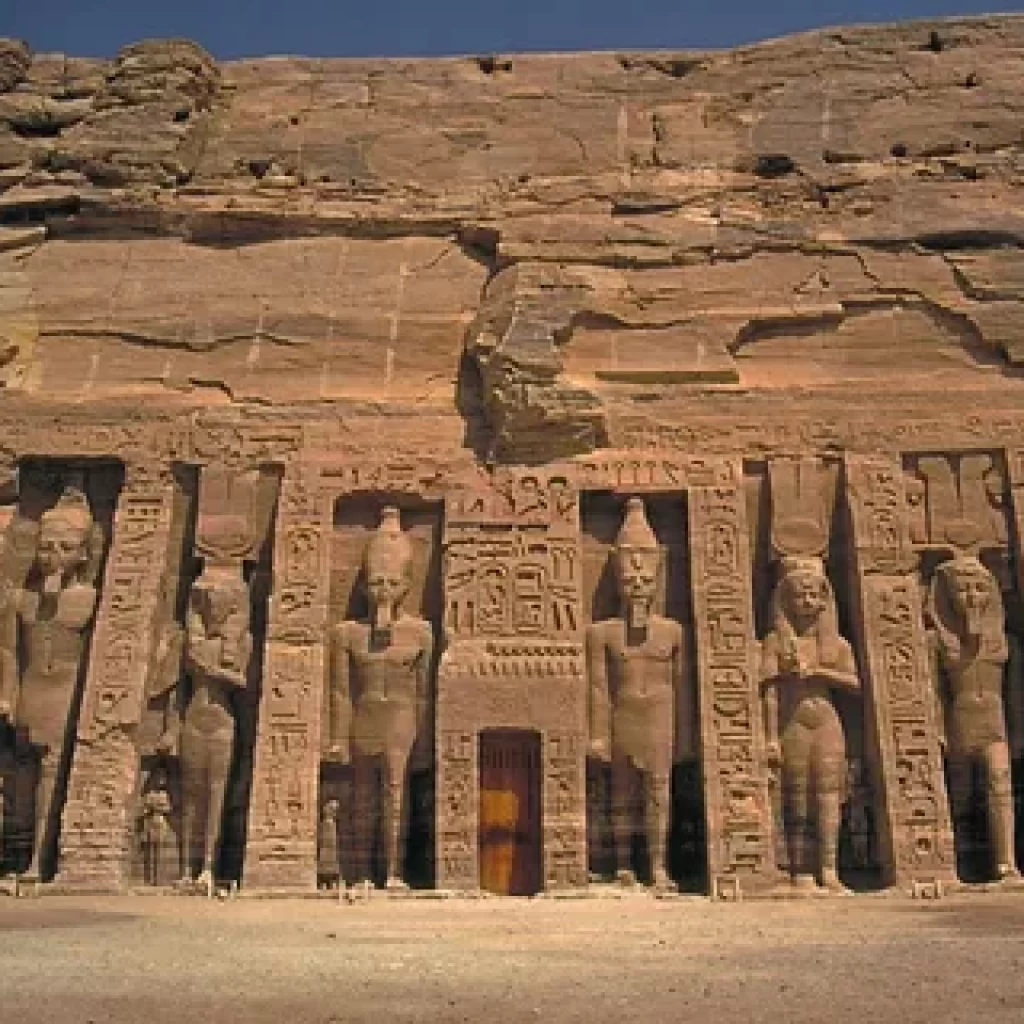
5. The Magnificent Nile River
The Nile River, the lifeblood of Egypt, has been central to the country’s history and culture for millennia. A Nile cruise offers a unique way to experience Egypt’s diverse landscapes and historic sites. Travellers can sail between Luxor and Aswan, stopping at temples, villages, and archaeological sites along the way. The serene waters and scenic views provide a relaxing and immersive journey through the heart of Egypt.
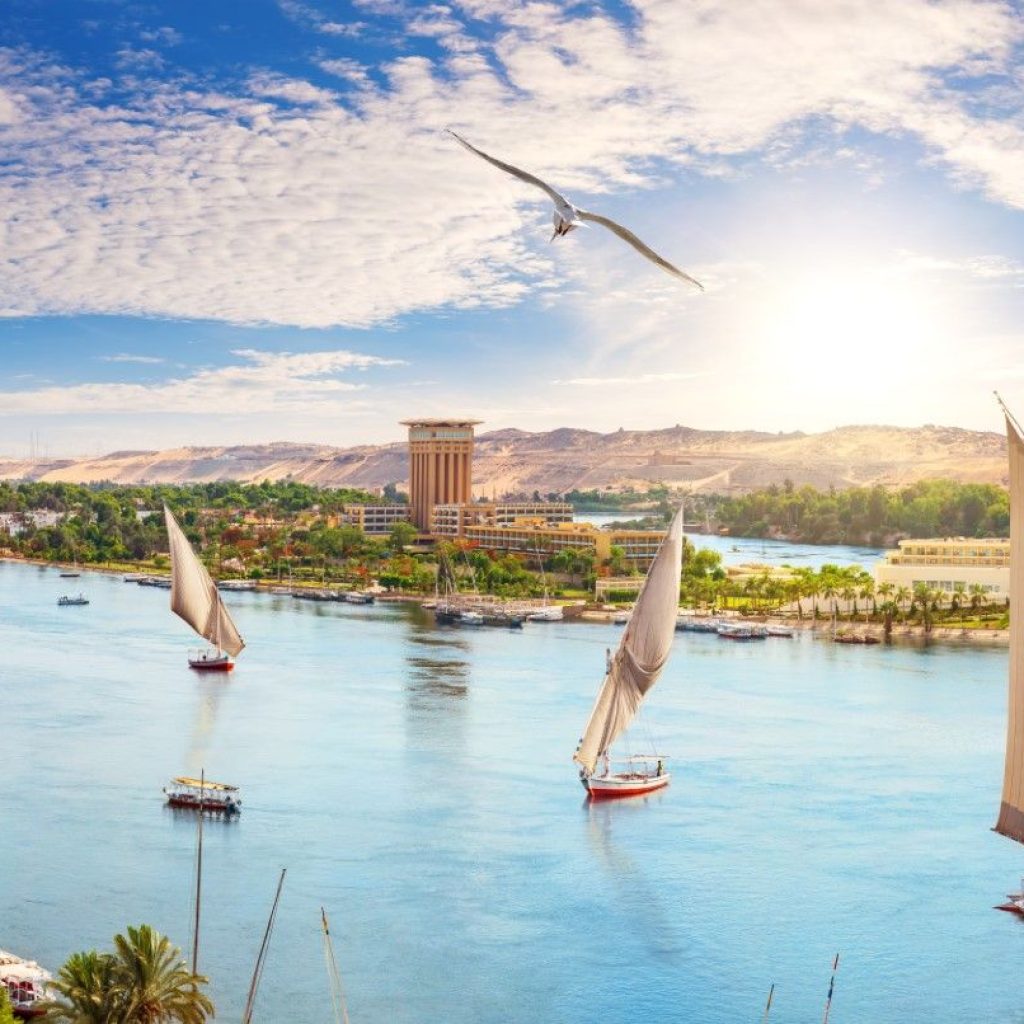
6. The Red Sea’s Underwater Marvels
The Red Sea’s vibrant coral reefs and abundant marine life offer an underwater paradise for those seeking adventure. Popular destinations like Sharm El Sheikh and Hurghada provide snorkelling, diving, and water sports opportunities. The crystal-clear waters and diverse ecosystems make the Red Sea one of the world’s premier diving locations. Visitors can explore shipwrecks, swim with dolphins, and discover the stunning beauty of this underwater world.

7. The Rich History of Alexandria
Founded by Alexander the Great, Alexandria is a city steeped in history and culture. Its ancient library, once the largest in the world, and the impressive Citadel of Qaitbay are just a few of the city’s historic landmarks. The modern Bibliotherapy Alexandrina, a tribute to the ancient library, houses millions of books and serves as a cultural centre. Alexandria’s Mediterranean coast, with its charming cafés and historic sites, offers a unique blend of past and present.
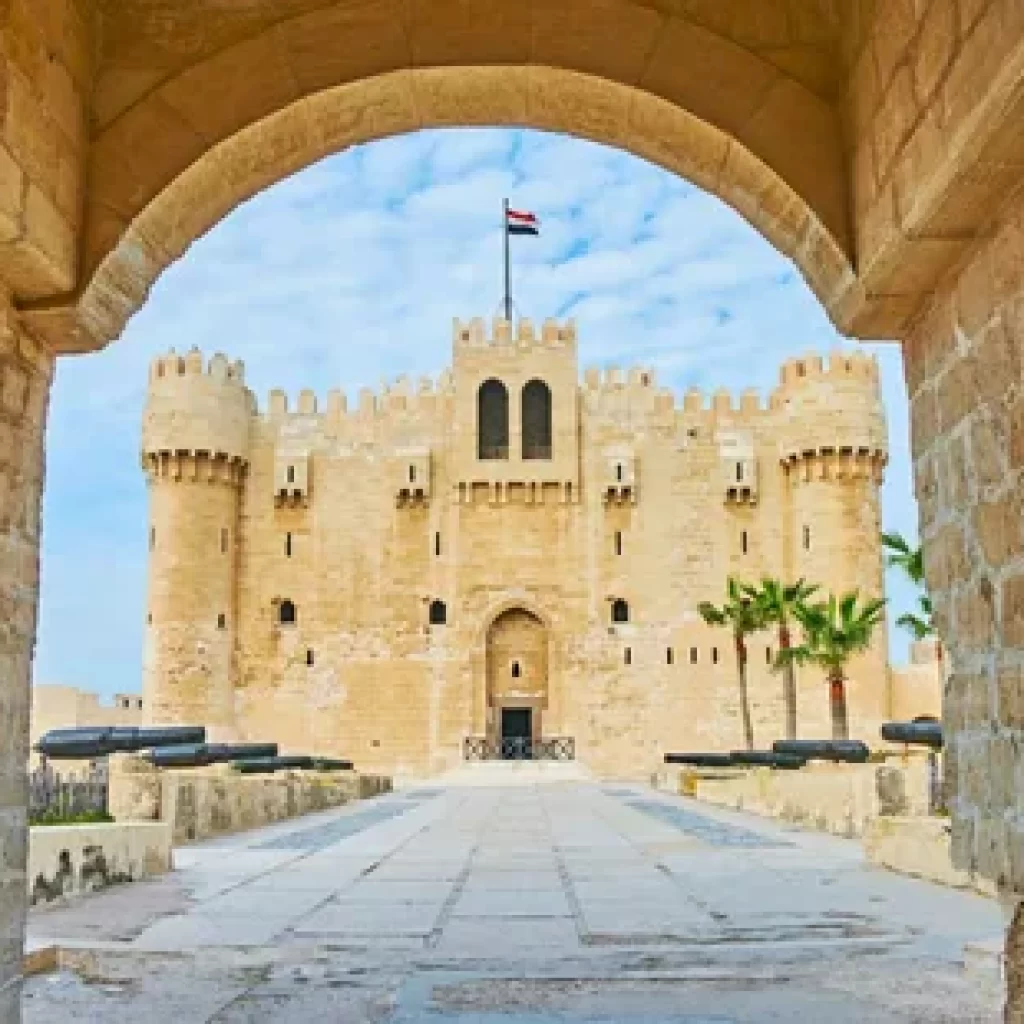
8. The Cultural Heartbeat of Cairo
Cairo, Egypt’s bustling capital, is a vibrant metropolis that seamlessly blends ancient history with modern life. The Egyptian Museum, home to an extensive collection of antiquities, including the treasures of Tutankhamun, is a must-visit. The city’s historic Islamic Cairo district features stunning mosques, bustling bazaars, and traditional architecture. Visitors can explore the Khan El Khalili market, savour local cuisine, and experience the dynamic energy of Cairo’s streets.
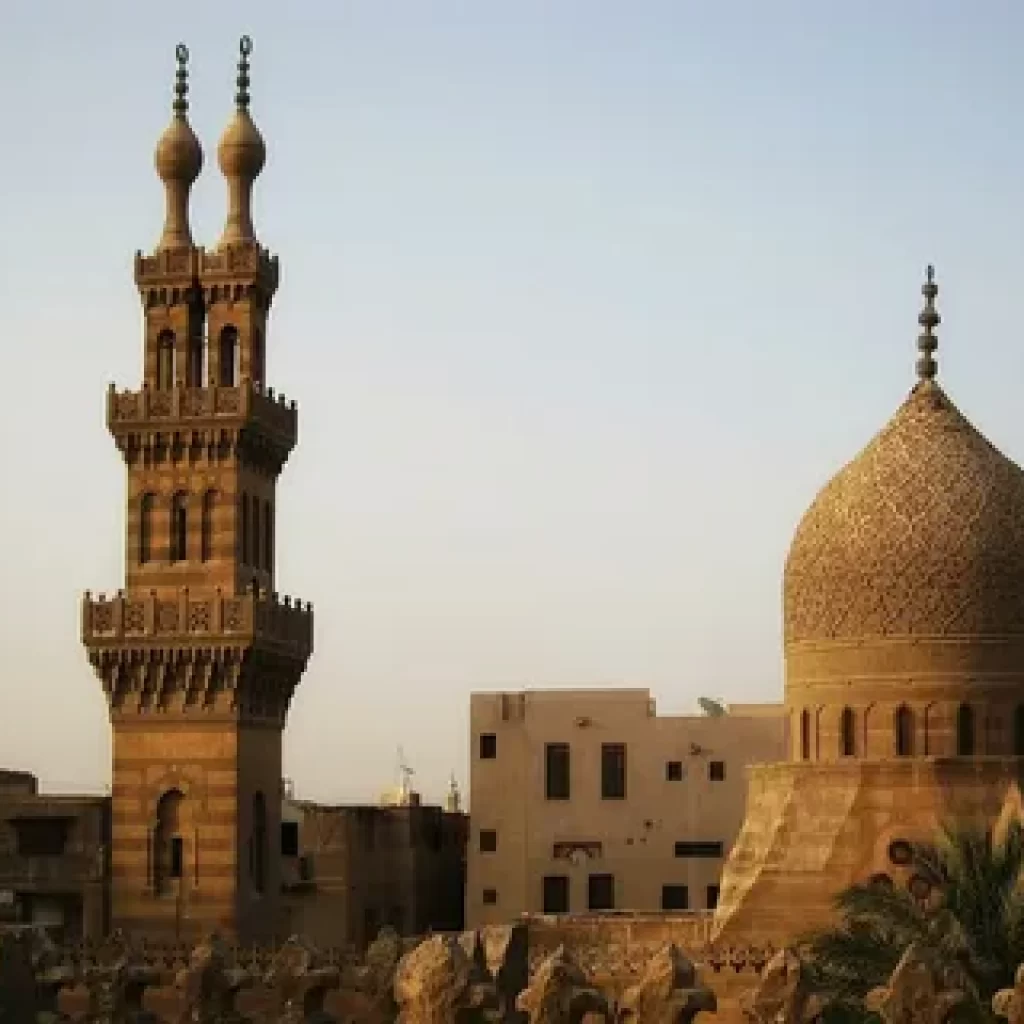
9. The Serene Beauty of Aswan
Aswan, located in southern Egypt, is known for its tranquil beauty and rich history. The city is home to the impressive Aswan High Dam, which created Lake Nasser, one of the world’s largest artificial lakes. The Philae Temple, dedicated to the goddess Isis, is another highlight. Visitors can take a felucca ride on the Nile, visit the Nubian villages, and enjoy the serene landscapes that make Aswan a peaceful retreat.
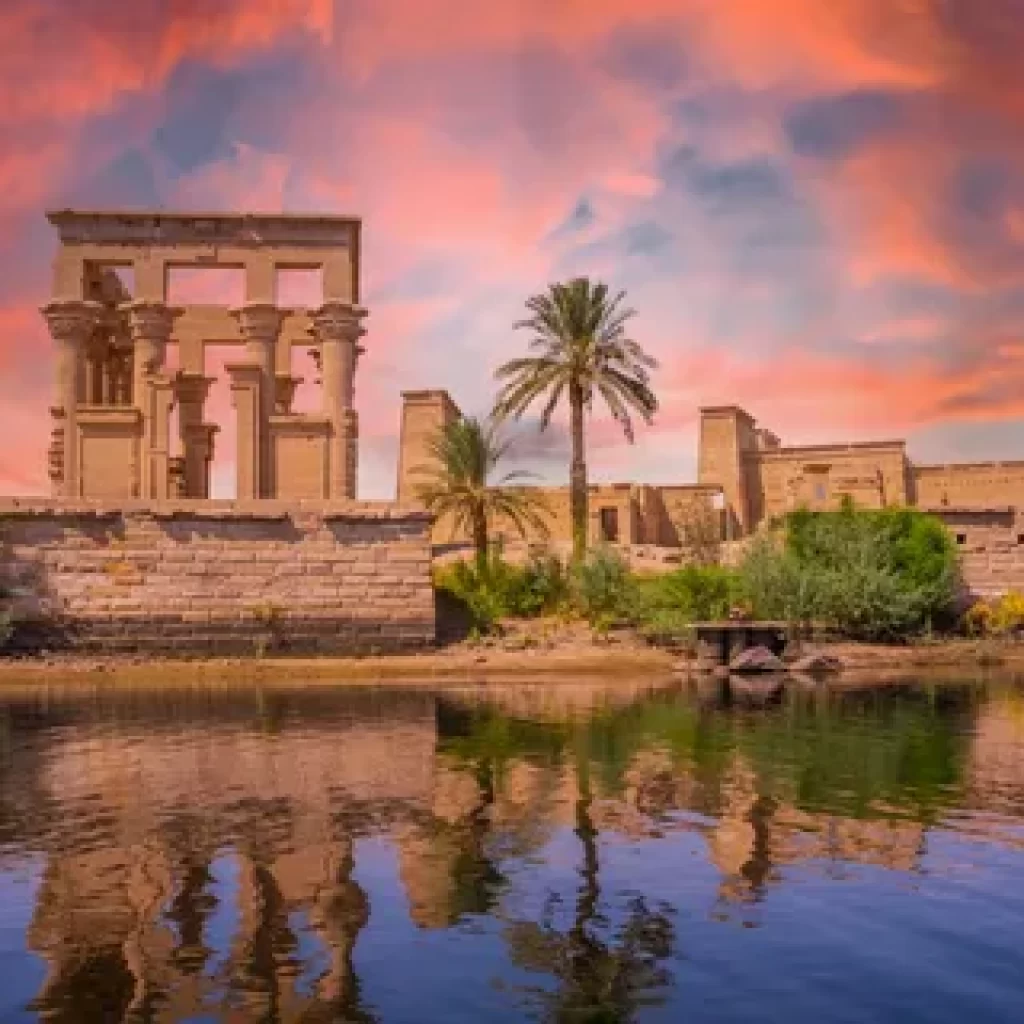
10. Egyptian Cuisine: A Culinary Journey
Egyptian cuisine is a delightful fusion of flavors and traditions. Staple dishes like koshari, a mix of lentils, rice, pasta, and a spicy tomato sauce, and ful medames, a hearty fava bean stew, are beloved by locals and visitors alike. Street food, such as falafel and shawarma, offers a quick and tasty bite. Dining in Egypt provides an opportunity to experience the country’s rich culinary heritage and enjoy its diverse and delicious flavors.

Conclusion: Visit Egypt
Egypt, with its rich history, diverse landscapes, and vibrant culture, offers an unforgettable travel experience. From the ancient wonders of the pyramids to the bustling streets of Cairo, every corner of this country holds a unique story. Whether you’re exploring historic sites, cruising the Nile, or diving in the Red Sea, Egypt promises a journey filled with discovery and adventure. Plan your visit to Egypt and immerse yourself in the timeless beauty and heritage of this extraordinary land.
FAQs: Visit Egypt
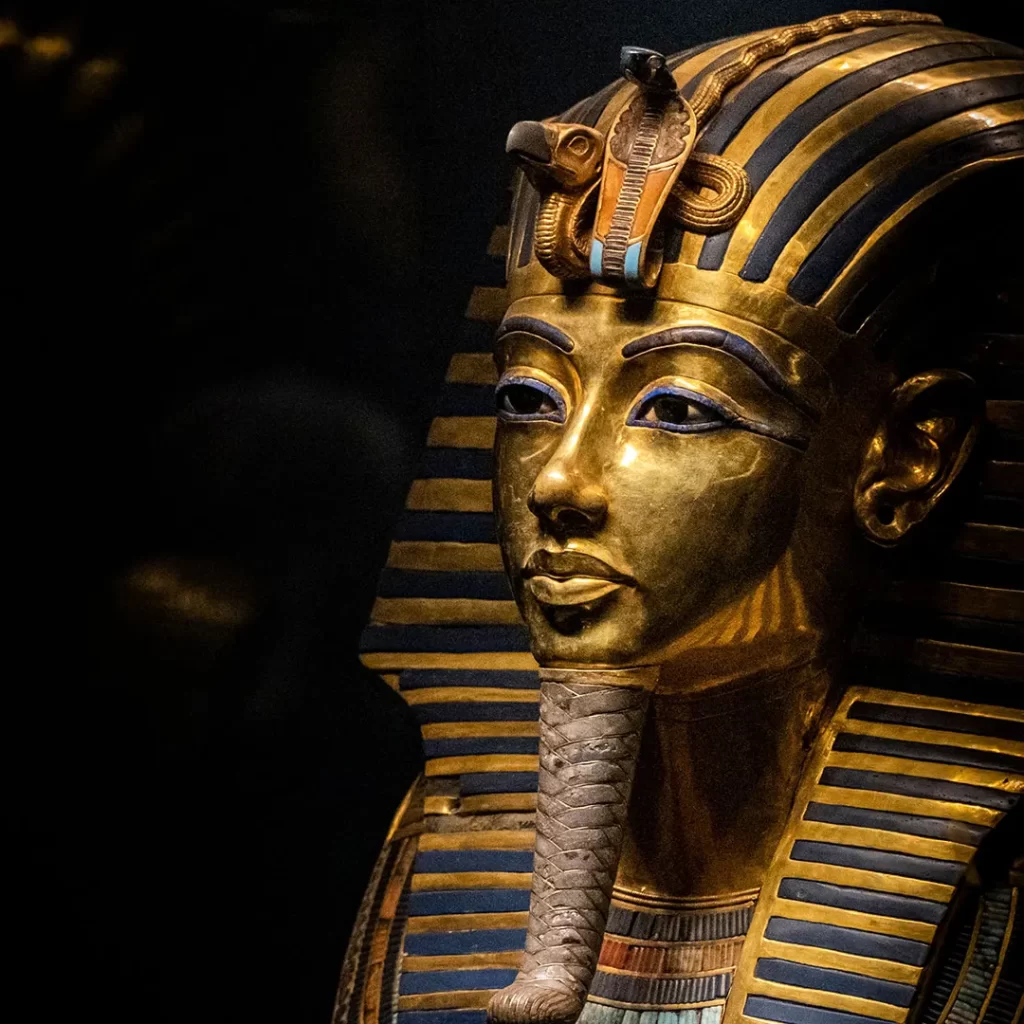
- What is the best time to visit Egypt?
- The best time to visit Egypt is during the cooler months from October to April.
- Is it safe to travel to Egypt?
- Yes, Egypt is generally safe for tourists, but it’s always advisable to stay updated on travel advisories and follow local guidelines.
- Do I need a visa to visit Egypt?
- Most travelers need a visa to enter Egypt, which can often be obtained on arrival or online.
- What should I wear when visiting Egypt?
- Modest clothing is recommended, especially when visiting religious sites. Light, breathable fabrics are ideal for the climate.
- Can I drink tap water in Egypt?
- It’s best to drink bottled water to avoid any potential health issues.
- How can I get around in Egypt?
- Egypt has various transportation options, including domestic flights, trains, buses, and taxis.
- What currency is used in Egypt?
- The currency used in Egypt is the Egyptian pound (EGP).
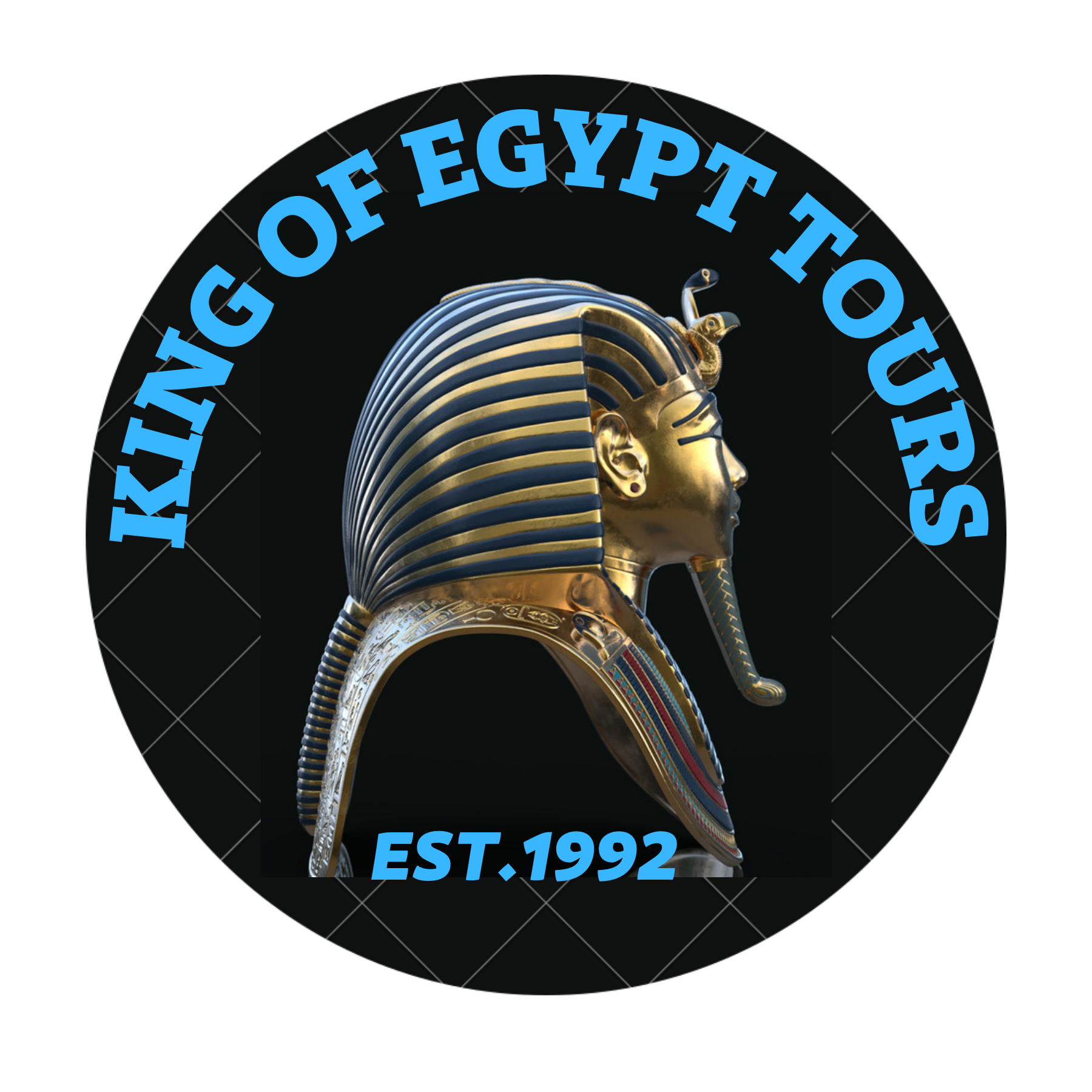
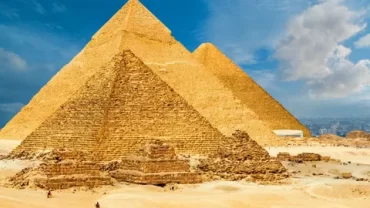

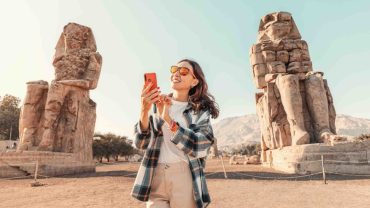

Comment (0)